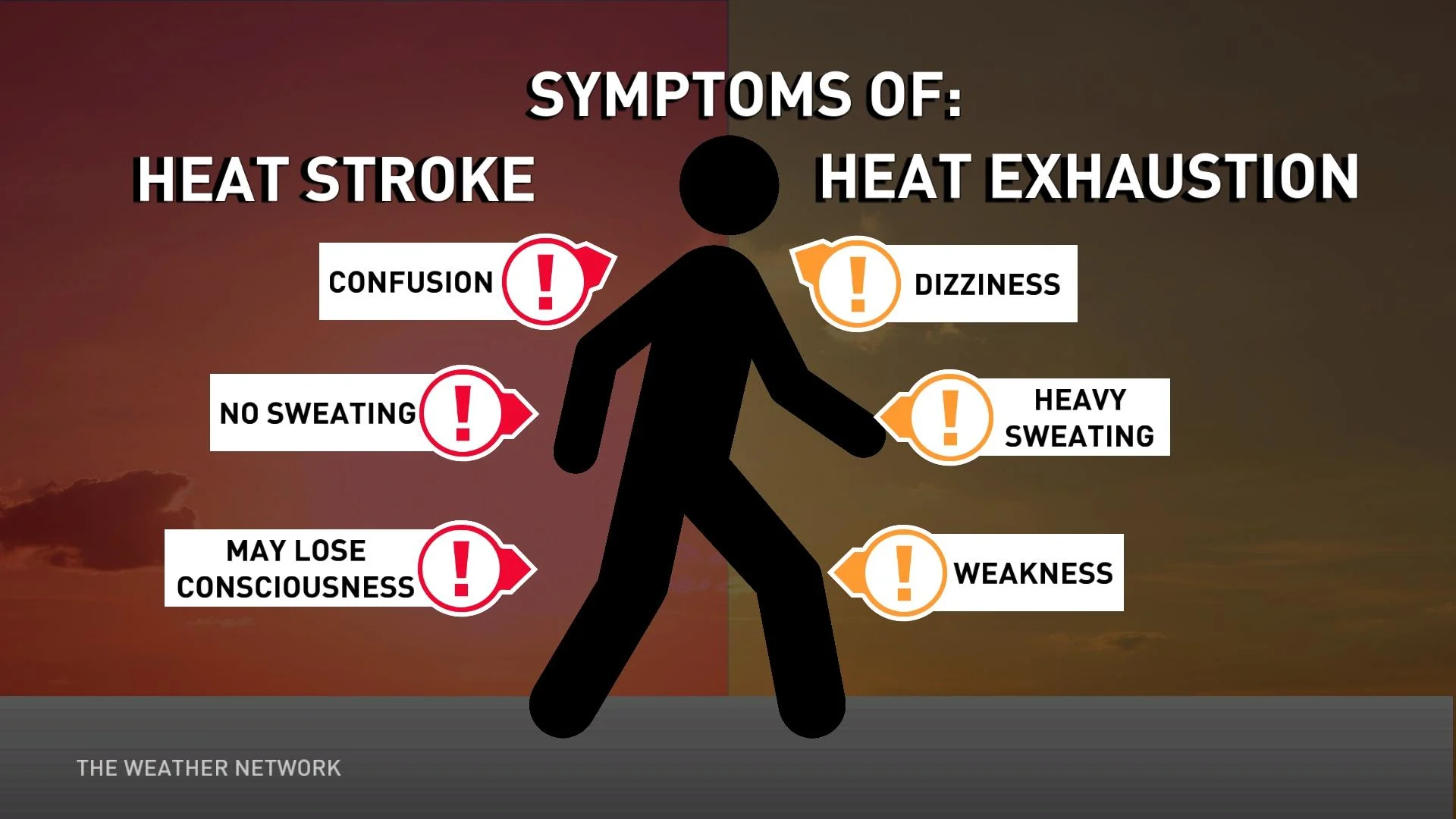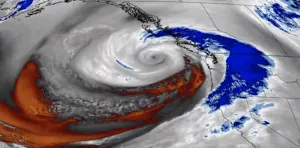
Scorching heat creeps into B.C.'s south coast, heat warnings issued
After a chilly end to June and start to July, folks across B.C. will be feeling the heat as temperatures rapidly climb over the coming days
A California heat dome will send some scorching weather north, infiltrating the south coast of B.C. throughout the weekend and into next week. The long duration has already prompted Environment and Climate Change Canada to issue several heat warnings across the province.
DON'T MISS: Will Death Valley flirt with a world record next week? It's on the table
As with any prolonged heat event, there are health risks associated for those in vulnerable populations who may be more susceptible to the warmer conditions. There is also an increased risk of fire danger as the scorching temperatures will contribute to drought conditions across the region.

From a below-seasonal start to summer to feeling the heat
B.C.'s south coast will start feeling the heat on Friday, reaching between the mid 20's to the lower 30's across the region.
Across the southern Interior, temperatures will reach the low to mid 30s throughout the weekend before climbing to the mid-to-upper 30s early next week.

It is likely that B.C.'s interior will see Canada's first 40°C day and warmest temperature of the year. Tuesday in particular, will be a hot day across the province, with temperatures forecast to be 5-10 degrees warmer than normal.

While the duration of the heat event is uncertain, there is high certainty that the hottest days will be felt across the province late weekend and early next week. There will likely be little relief from the heat as no precipitation is forecast to help ease the scorching temperatures across the province.
SEE ALSO: Staying hydrated on a hot day is a lot more important than you think
Heat safety
In prolonged heat events such as this, it is crucial to remember to drink plenty of water, avoid strenuous outdoor activity, and check in on those who are at the highest risk of developing heat-related illnesses.

On average, five million people die around the world each year due to extreme heat events. There has also been proof that stress from the extreme heat can cause damage to your brain, liver, and gut functions.
The Canadian Red Cross also recommends taking frequent breaks while working outside, wearing a hat while outdoors, and avoiding drinking caffeine and alcohol as they can cause dehydration.

Stay with The Weather Network for more forecast information and updates on your weather across Canada.











